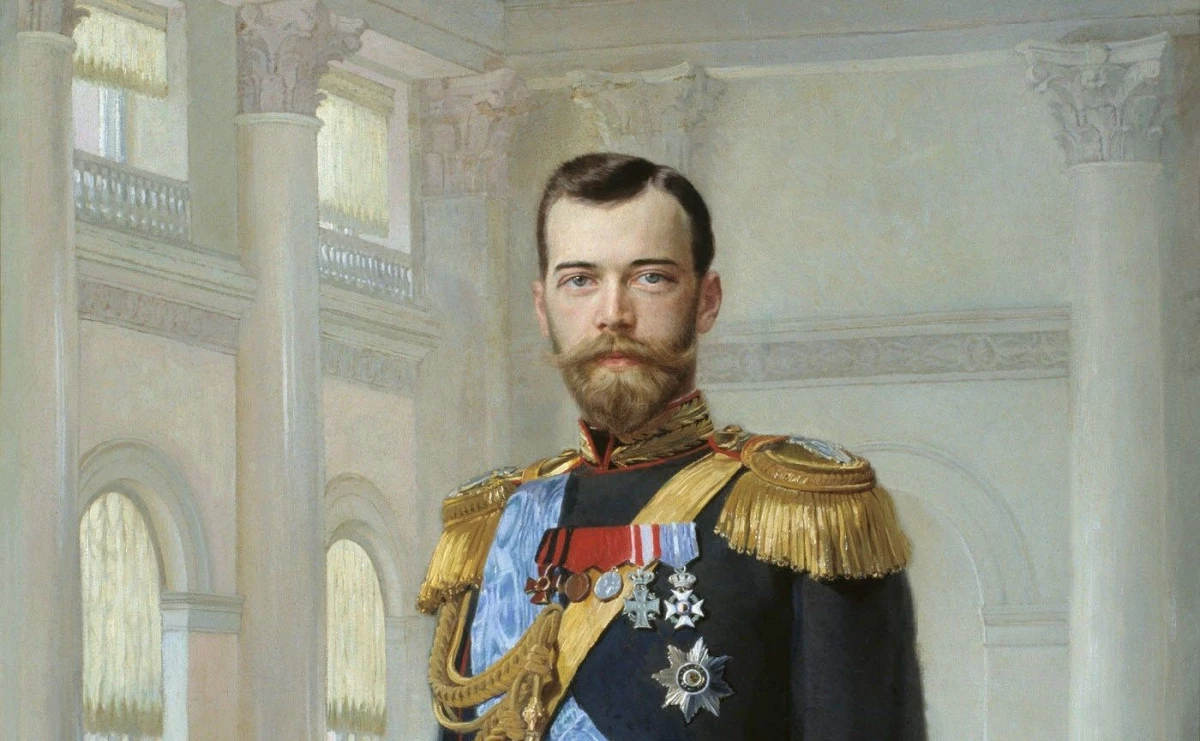
At the beginning of the XX century. The Russian Empire experienced an economic ascent, but he contradicted with the socio-political conditions, the most important of which were peasant mallet and government relationships with national outskirts. The First World War exposed these problems even more. Also, social tensions increased due to fatigue from the war in almost all countries participating in the conflict.
By the beginning of March 1917, about 160 thousand soldiers were placed in Petrograd, who should have been involved in the spring offensive. Moving such a large number of people led to a transport collapse. This was the reason for the deterioration of the food supply of the capital. The leadership of the Putilov Plant (now - the Kirov plant) suspended his work, which is why 36 thousand people. Lost work that provoked workers' strikes throughout the city.
March 8, 1917 (according to the old style - February 23), International Women's Day, the rally of women workers who demanding bread and the end of the war took place on the streets of Petrograd. Two days later, the strike covered half the working cities. An attempt to disperse protesters with the help of troops led to the first clashes between activists and government forces.
Archival frames of revolutionary unrest in Petrograd in March 1917.
On March 12, 1917, army parts, which were considered supporting the autocratic regime, began to move on the side of the rebels. Soldiers supported the revolution, mostly, the peasants, seized weapons warehouses, helping the participants to arm speeches. They were busy the most important points of the city and disarmed police squads.
The center of the uprising was the meeting place of the State Duma - the Tauride Palace. There was a Council of Workers and Soldiers Deputies, most in which were representatives of socialist parties. At the same time, in the neighboring hall, the deputies of the Duma created the "Temporary Committee of Members of the State Duma", whose composition included representatives of all Duma parties, except for monarchists. As a result of the negotiations of representatives of the Temporary Committee of the Duma with the Executive Committee of the Petrograd Council of Workers and Soldier's deputies, a temporary government was created led by Prince of G. Lviv.
With the beginning of an armed uprising, the emperor Nicholas II went from the Mogilev bid of the Supreme Commander in the royal village to his family. In Pskov, he met with the deputies of A.I. Guccov and V.V. Schulgin, who left him towards negotiations on renunciation. On the evening of March 15 (according to the old style - March 2), 1917, after a severe conversation, Nicholas II signed an act of renunciation compiled by a temporary committee. The next day, his brother was abused by the throne - the Grand Duke Mikhail Alexandrovich.
On March 14, 1917, the new power was established in Moscow, and within two weeks - and throughout the country. The Provisional Government began to resolve economic problems, continuing the hostilities and the preparation of the Constituent Assembly, which was to solve the future of the country. However, on the ground, the advice of workers and soldiers' deputies and the advice of peasant deputies, as well as national parties, which gave rise to droi in the country was acquired.
Source: https://ria.ru.
